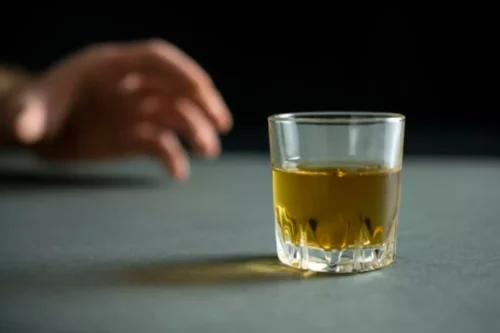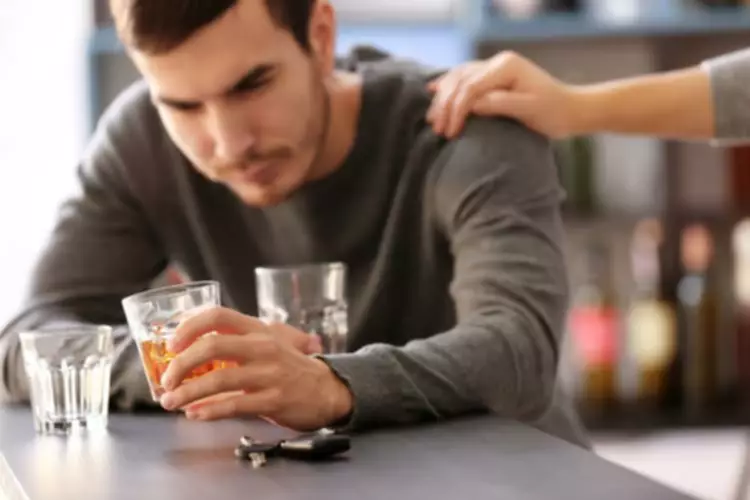
Individuals should strive to assure their loved ones of their commitment to changing behaviors, as consistent positive actions help mend emotional scars. Therapy can also play a significant role in this process by equipping individuals with the tools they need to navigate their feelings effectively. Self-reflection and accountability are integral during the process of making amends. It requires individuals to confront the consequences of their actions, acknowledge past mistakes, and actively seek ways to rectify them.

Promising Results from New Psilocybin Trials for Addiction Treatment

Discover signs of addiction, treatment options, and support services for families. Stay informed about the risks of driving under the influence of prescription drugs. Building and maintaining relationships requires self-reflection, active listening, and a commitment to growth. Recovery is a gradual journey, and relationships evolve alongside personal progress, which is a rewarding experience for everyone involved.
Setting Boundaries
Discover how Samuel L. Jackson overcame drug addiction to find success and sobriety in Hollywood. Dive into startling addiction to cell phone statistics & facts, impacts, and strategies to cut back. Explore trauma-informed care for addiction to rebuild lives and break the cycle of self-medication. Unveil alarming alcohol overdose effects, its impact on various populations, and drug addiction preventive measures.
Handling Relapse
- It’s important to convey limits regarding exposure to triggering environments, like bars or parties, which may pose a risk for relapse.
- Building trust and embracing vulnerability are fundamental in establishing healthy relationships in recovery.
- Rebuilding relationships after addiction begins with self-reflection.
This session educates members on balanced diets, the importance of nutrients, and how dietary choices can positively impact mood, energy, and overall well-being. Habits are significant in daily behavior and can either support or hinder recovery. This activity encourages members to reflect on harmful habits and identify ways to replace them with healthier behaviors that align with their recovery goals. Acknowledging past successes unrelated to addiction can boost self-esteem. In this session, members reflect on achievements and strengths that reinforce their self-worth and provide motivation for their recovery journey. Role-playing allows members to practice responses to difficult situations, such as social events where substances may be present.
- Surrounding yourself with unsupportive or substance-abusing friends can trigger cravings and lead to relapse.
- Techniques like using “I” statements can help have constructive discussions without placing blame, fostering a supportive dialogue.
- Focus on activities that encourage genuine connection and conversation.
- As individuals transition from treatment to normalcy, it’s essential to address the myriad relationship challenges they may encounter.
- If an individual already has pre-existing conditions like depression, bipolar disorder, and anxiety, unhealthy relationships can worsen the symptoms.
Avoiding triggers and relapse

Trust is reinforced by consistently respecting boundaries, being dependable, and demonstrating commitment to the relationship, which is essential for long-term happiness and stability. Uncover challenges, barriers, and the role of primary care providers. Learn effective communication strategies and educate yourself on substance use. You may be concerned about how others will react or judge you when you share your recovery status. Occasionally, such questions may be asked provocatively, questioning or even testing your commitment to recovery.
Explore the journey of recovery, from therapies to aftercare programs, and embrace a life beyond addiction. In some instances, the codependent may begin to drink or abuse to enable their partner’s habit. Codependents may suffer underlying conditions like depression or anxiety, losing their identity in their partner’s life. Talking relationships and recovery with a professional is always a good idea if you’re struggling to navigate boundaries in relationships.
Each week, members share someone or something they’re grateful for, which can shift focus away from stress and reinforce optimism in recovery. Our content does not constitute a medical or psychological consultation. Attend support groups or couples therapy to enhance relationship dynamics. One significant issue is the need to navigate social situations, where alcohol is often present, which can be triggering and uncomfortable.
